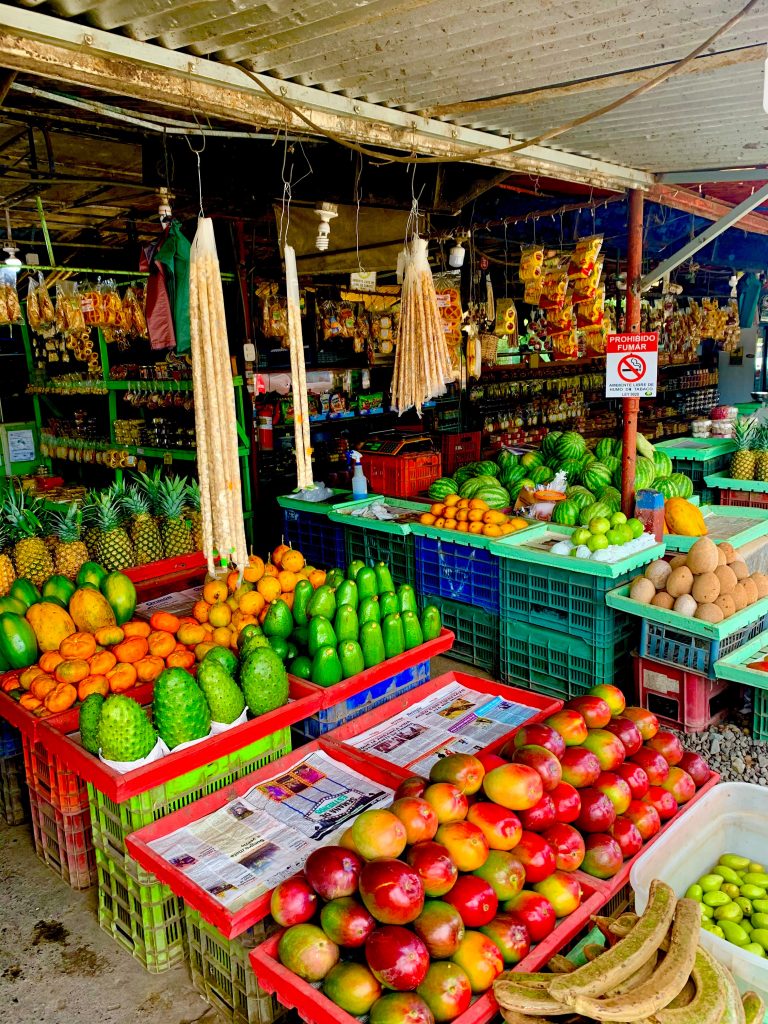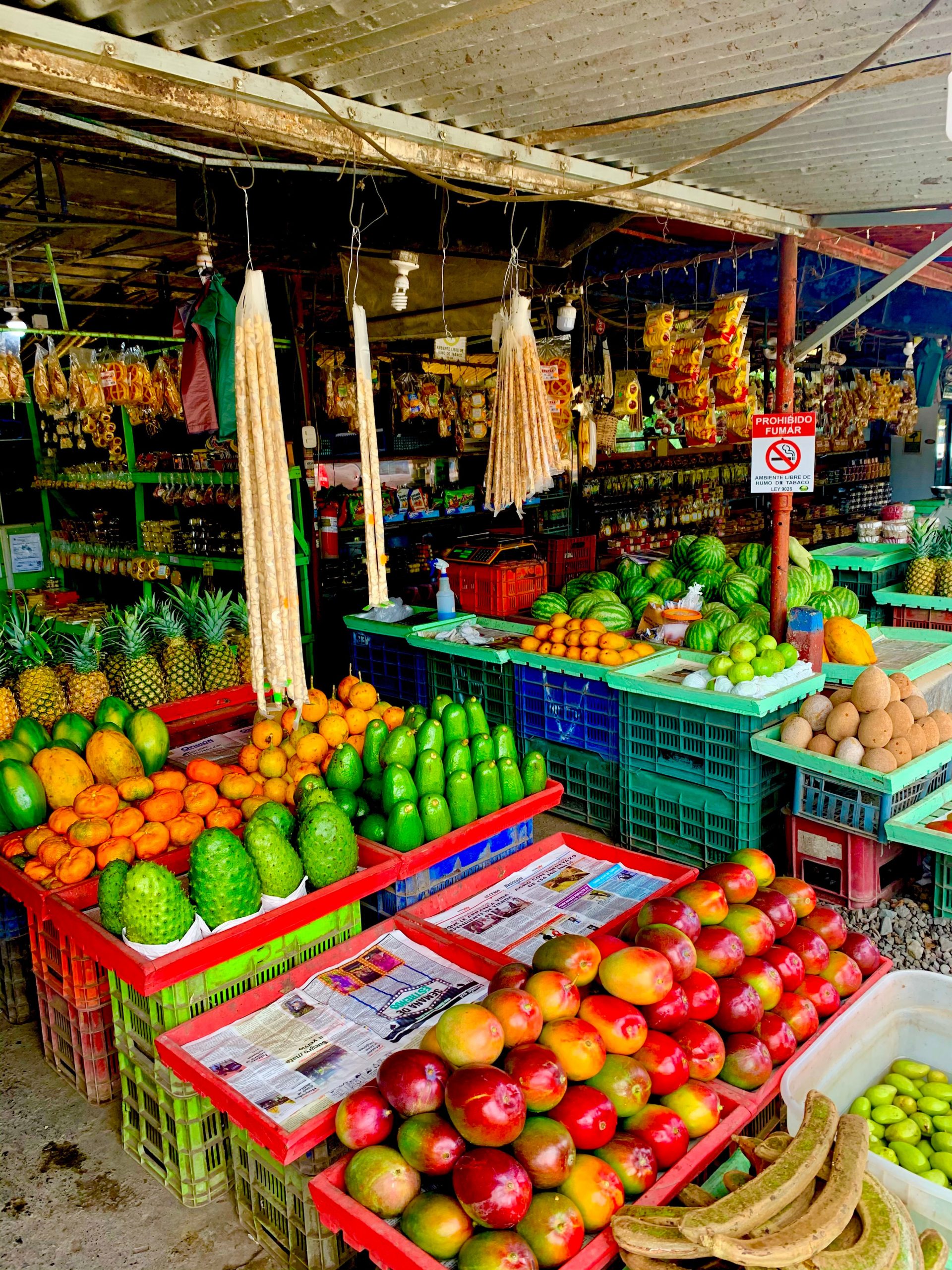Costa Rica commits to becoming a decarbonised economy with net-zero emissions by 2050
Decarbonisation planning guides the path between the current goals and 2050, in line with the 2030 Agenda and Paris Agreement. The plan’s actions are distributed into three stages of change: foundation stage (2018-2022); inflation stage (2023-2030) and massive deployment (2031-2050).
Regarding agriculture, solutions are being sought to shift land use to more natural activities:
- Promotion of highly efficient agri-food systems that generate low-carbon goods.
- Consolidation of an eco-competitive livestock model based on productive efficiency and reduction of greenhouse gases.
- A management model for rural, urban and coastal territories that facilitates the protection of biodiversity and increases forest cover and services based on nature-based solutions.
Long-term vision
By 2030: Value chains for coffee, livestock, sugar cane, rice, and bananas will apply emission reduction technologies both at the farm level and at the processing stage level.
By 2050, the most advanced methods and technologies will be applied to achieve sustainable, competitive, low-carbon, resilient agriculture with the lowest levels of pollution.
Source: National Decarbonisation Plan




